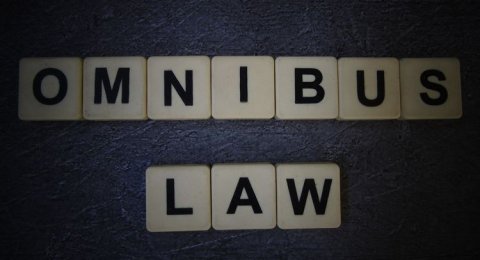
After waiting for three
months since the enactment of Law No.11 of 2020 on Job Creation (known as, the Omnibus
Law), on 2 February 2021, the Government finally issued regulation No.44 of
2021 on Implementing Regulation on Prohibition of Monopolistic and Unfair
Business Competition Practices (GR 44/2021).
The issuance of GR 44/2021
is along with more than forty other government regulations and presidential
regulations that have been changed under the Omnibus Law.
As we may already aware,
the Omnibus Law has changed several provisions under the Competition Law. GR 44/2021 is expected to be the answer and provide
clarity on these changes.
Set out below significant
changes made under GR 44/2021, for your reference:
1.
Revocation of maximum administrative
fine
The administrative fine
is now calculated maximum up to 50% of the nett profit or 10% of the
total turnover, both are calculated from the relevant market and during the period
of violation of the Business.
Further, GR 44/2021 stipulates
that the determination of fine will be based on:
a. negative
impact caused by the violation;
b. duration
of violation;
c. mitigating
factors;
d. aggravating
factors; and/or
e. ability
to pay the fine.
2.
Objection to KPPU decision is now channeled
to the Commercial Court
The Omnibus Law clearly
shifts the objection against KPPU decision from the district court to the
commercial court. Further, GR 44/2021 stipulates
that the examination objection period ranging from 3 to 12 months.
The objection must be
registered within the relevant commercial court no later than 14 business days,
after the Business received notification of KPPU decision or otherwise, it will
be final and binding.
3.
Paying bank guarantee if the Business
objects to KPPU decision
If the Business intends
to challenge KPPU decision, they must pay a bank guarantee to the bank amounting
to 20% of the total fine within 14 business days after receiving the notification
of KPPU decision. However, this is not
the case, if the Business is accepting KPPU decision.
***
#CompetitionLaw #Antitrustlaw #Covid19 #Indonesia #KPPU



